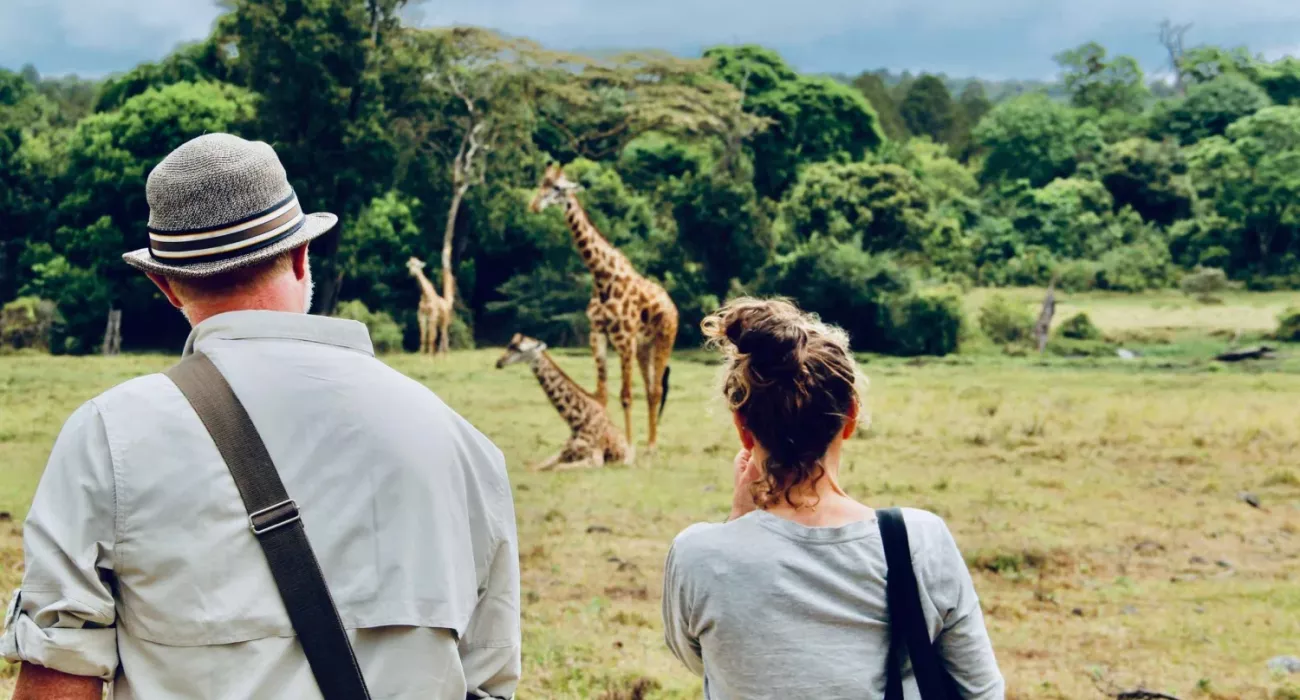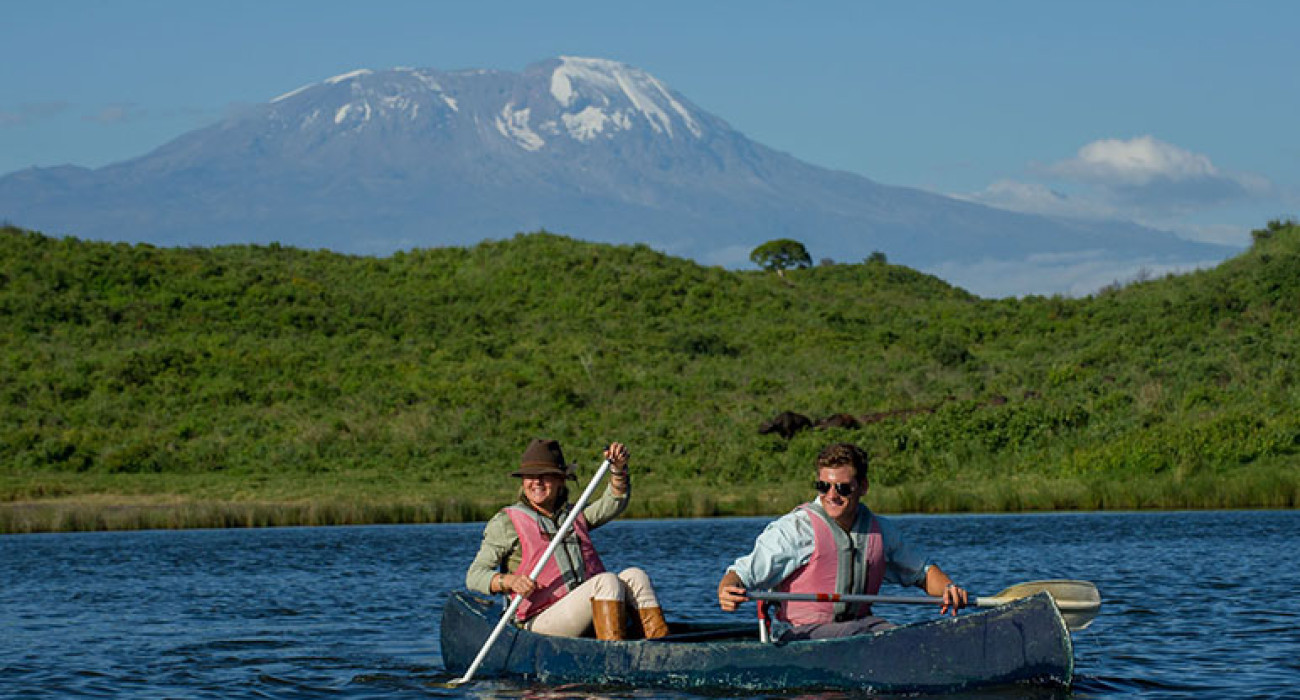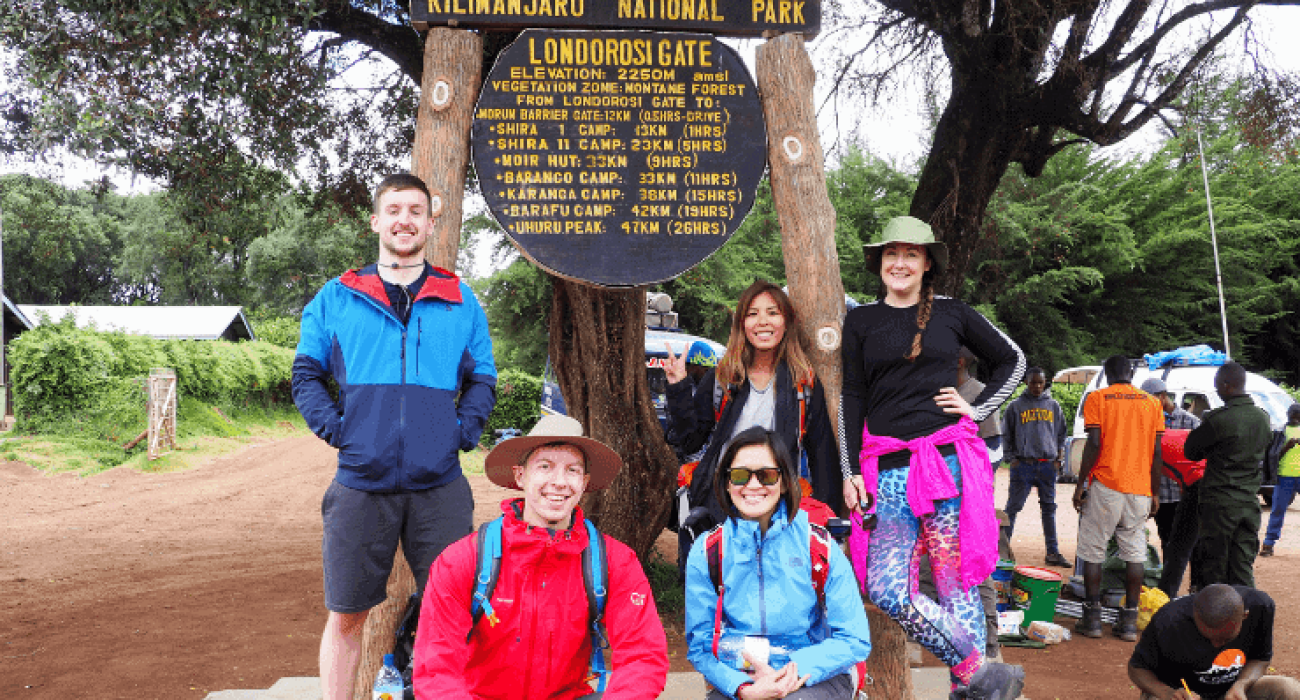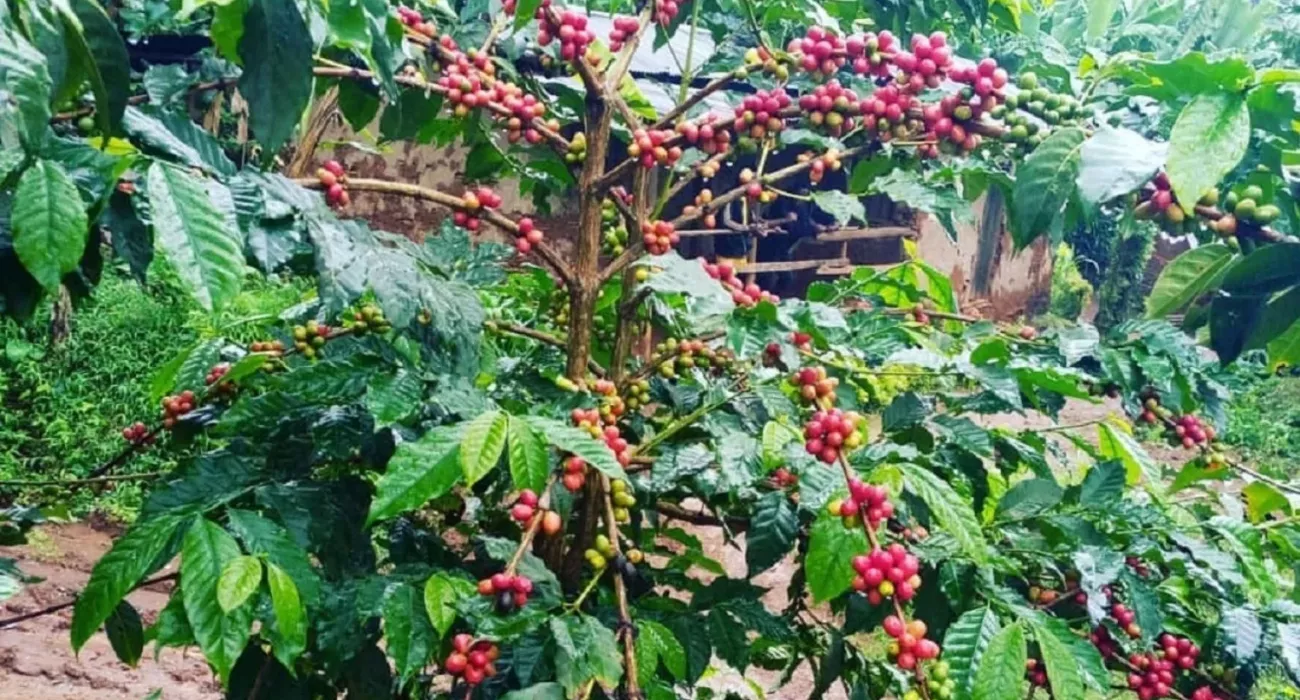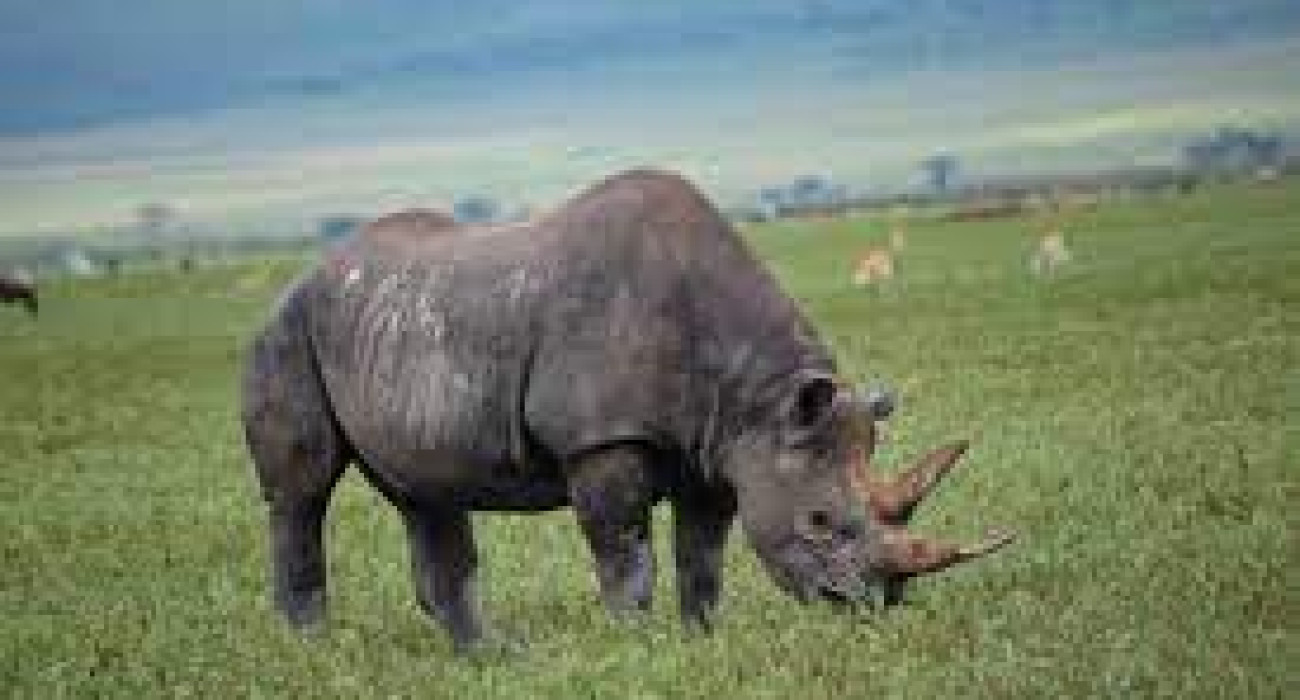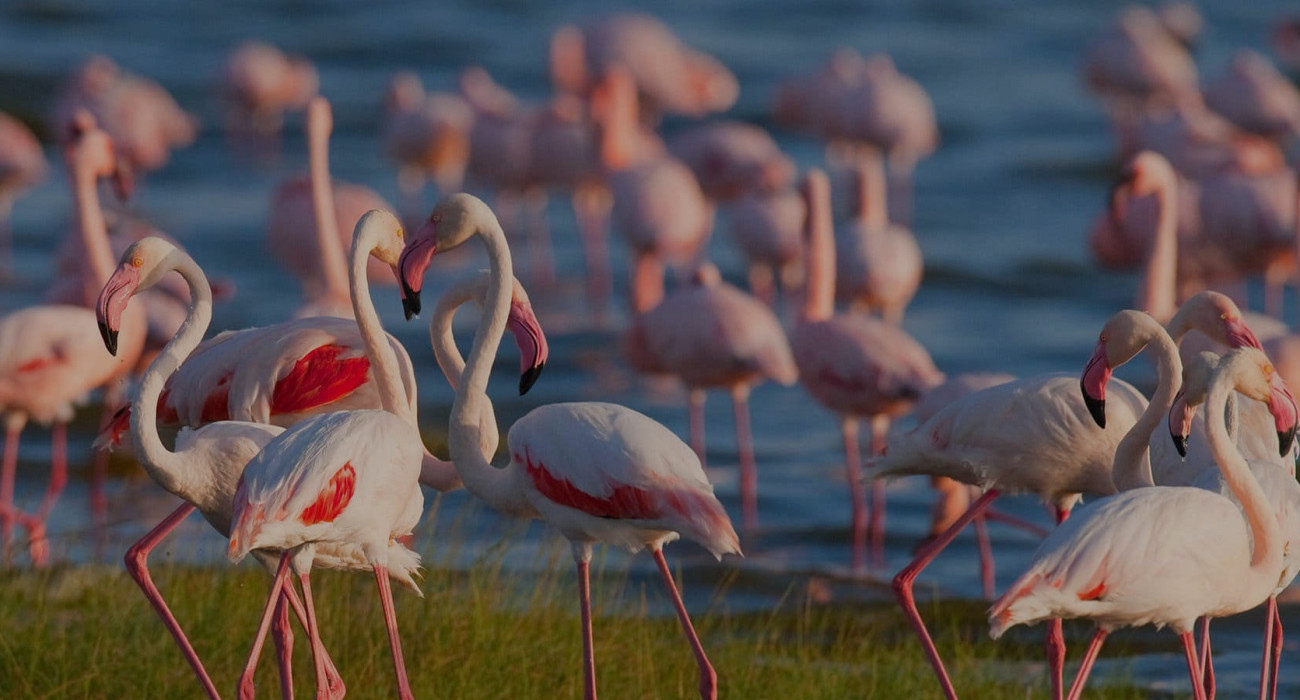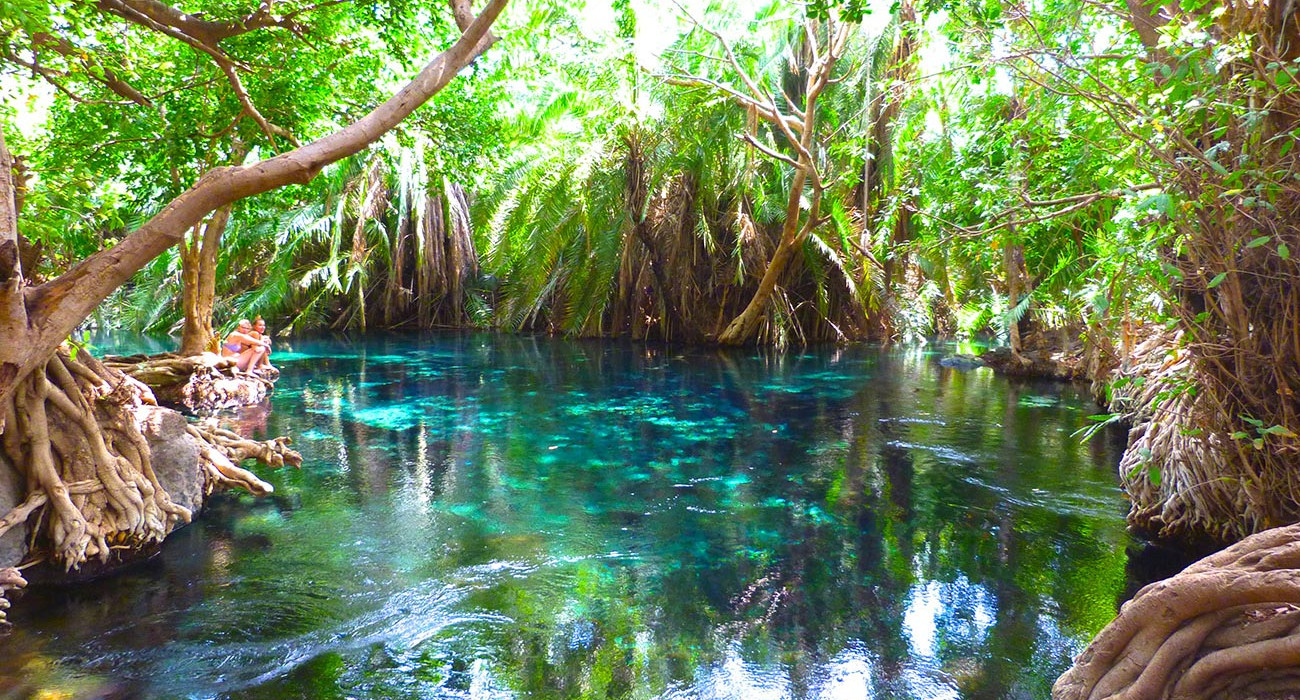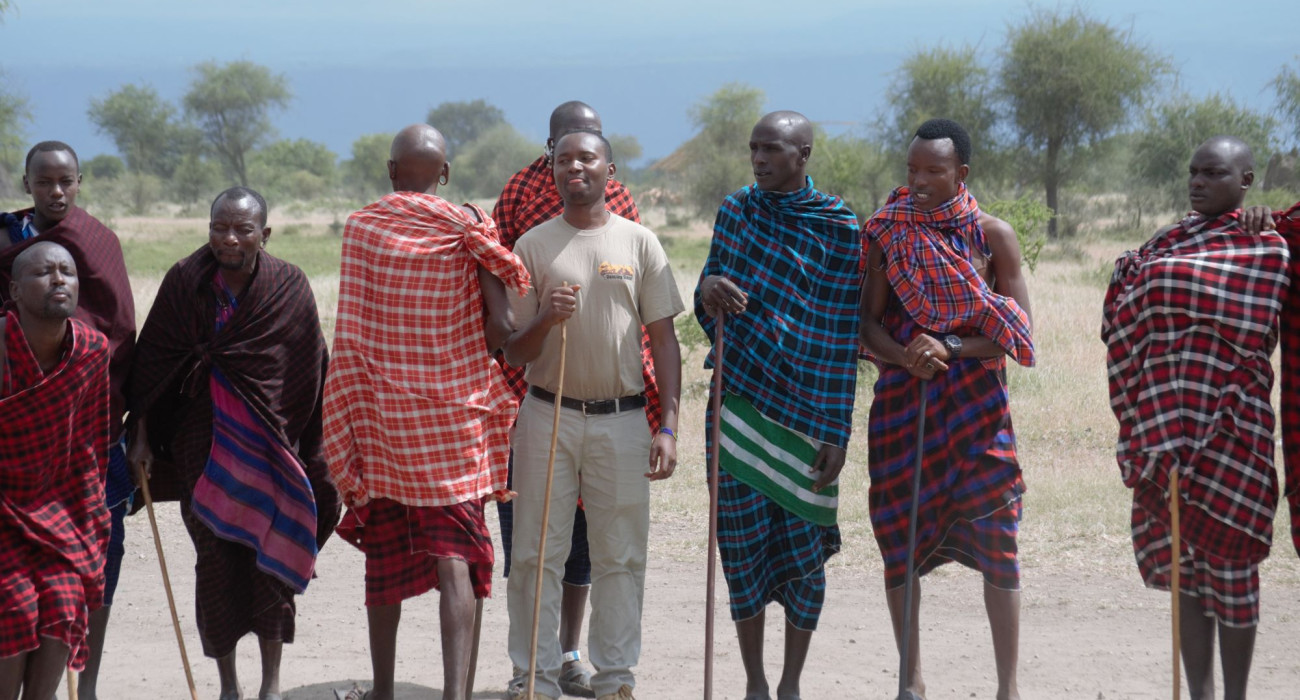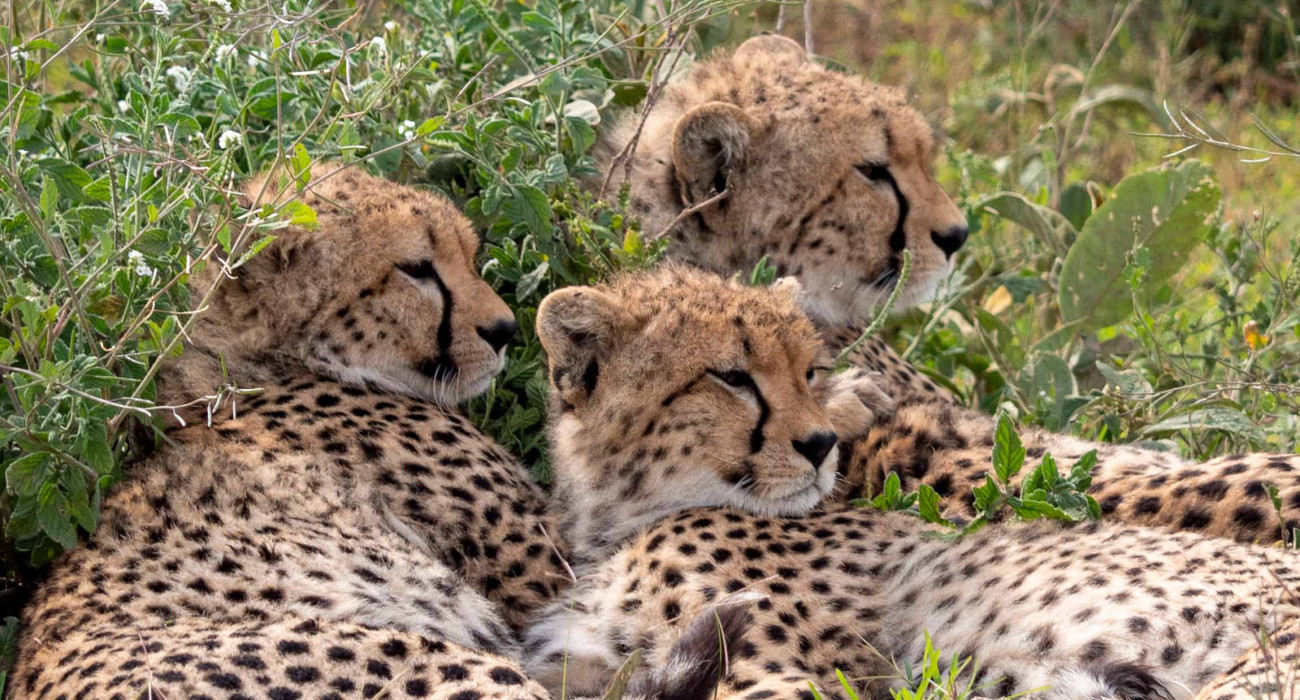Tanzania Safaris (Day trips)
Tanzania is perhaps the best safari destination in the world. The country takes preserving its natural resources seriously, with over 30% of its area under protected status. The more popular portion of the country for tourists is northern Tanzania. Be amazed at the great migration on the Serengeti .
Visit the largest inactive volcanic caldera in the world at Ngorongoro Crater. See flamingos and walk around at Arusha National Park. Find herds of elephants and baobab trees in Tarangire, or witness the only place where lions climb trees at Lake Manyara. Even though all of these parks are close together geographically, each park is unique and definitely worth a visit.
Day Trips - Pick up 116 + Tour Packages
Recent filtered:
Learn more about tanzania safaris
Are you looking for a deeper cultural experience? We hope you will add a trip to visit and experience the local culture. Maasai** and Hadzabe**(Wikipedia) tribes along with cultural village tours and a visit to the famous Olduvai Gorge can be included. We specialize in customized itineraries so we can create any adventure you want.
Overnights during safaris can range from basic camping in tents under the African skies to luxurious five-star resorts and everything in between.
Your guide comes with years of study and experience to provide all of the information on the local flora and fauna. Our well-maintained Toyota Land Cruisers and Land Rovers come with all of the safari bells and whistles.
Every client is guaranteed a window seat for the best possible game-viewing experience, with pop-up roofs to provide a less obstructed view.
Care to go for a stroll? Some locations will allow you to walk on the wild side, with a park ranger of course! Do you want something a little more breathtaking? How about a hot air balloon safari followed by a picnic breakfast complete with sparkling wine? The possibilities are endless. Let Joining Safaris create the bespoke adventure of your lifetime!
We have included some of our most commonly requested itineraries. Hopefully, these will help give you some ideas, if not, we will gladly customize your itinerary to suit your needs. Your safari can last anywhere from a day to a couple of weeks - we just want to make it memorable!
Kilimanjaro and Meru
Mt Kilimanjaro is fondly known as the 'walk up the mountain', but you can't say it's easy! Even with a certified guide, the biggest obstacle is the altitude. At the summit, the available oxygen is only half that at sea level. If you go pole (slowly in Kiswahili) and listen to your guides, you are sure to see the summit! Want to check out some of the routes? Click Here! Or you can find more information about Kilimanjaro on the Wikipedia page.
Mt Meru is Kilimanjaro's little sister. Located in nearby Arusha National Park, it is the second-highest mountain in Tanzania. Sometimes used to acclimatize to the altitude before a Kilimanjaro hike, Meru is more challenging in sections but offers more seclusion with rare and exotic wildlife! Check out our routes here. Or you can find more information about Meru on the Wikipedia page.
What are Tanzania’s best places to visit?
Tanzania brims with safari park options, including the vast Serengeti National Park, the breathtaking Ngorongoro Crater, and the wildlife-rich Tarangire National Park. Secluded in Tanzania’s remote southern reaches, the vast expanses of Ruaha and Nyerere (Selous) National Parks offer exceptional game viewing for travelers willing to venture off the beaten track.
A journey to Tanzania also affords the opportunity to climb Africa's highest peak, Mount Kilimanjaro, while the island hideaway of Zanzibar invites guests to relax amid a beachfront paradise of sun, sand, and surf.
FQs
The best times to visit Tanzania are December through March or June through October when the climate is mild, mostly dry and the game viewing is at its finest. The main rainy season typically lasts from April to May with a shorter wet season during November.
These rainy seasons draw fewer crowds while fostering abundant vegetation for grazing species. February marks the calving season for mammals such as wildebeest, affording a front-row seat to the newborns’ first steps and interactions
The Great Migration is the largest animal migration in the world. Each year, more than two million animals (wildebeest, zebra, and gazelle) migrate in a clockwise direction across the ecosystems of the Serengeti (Tanzania) and the Masai Mara (Kenya).
While this cycle continues throughout the year, the herds are mainly found in the Serengeti in Southern Tanzania from December through early March. April to May marks the season of long rains, when the herds begin their trek north across the central and western Serengeti, grazing hungrily as they go.
From June to July, the herds are grazing their way through the Serengeti’s western corridor and continue to push north towards the Masai Mara.
The term “Big Five” refers to the lion, leopard, elephant, rhinoceros and Cape buffalo — Africa’s topmost predators, and must-sees on every safari adventure throughout Kenya, Tanzania, Botswana and South Africa.
Tourist Visas are required for U.S. and Canadian passport holders traveling to Tanzania. A&K recommends an Electronic Tourist Visa (eVisa). To apply online, visit Visa.
We recommend comfortable clothes made of natural, breathable fabrics. Plan to layer up or down as the temperature fluctuates. Neutral colors are best for game viewing, while black, navy blue and other dark colors tend to attract insects; leave camouflage at home, as it’s not permitted in game parks. Smart casual attire is appropriate for evenings, but formalwear is not necessary.

